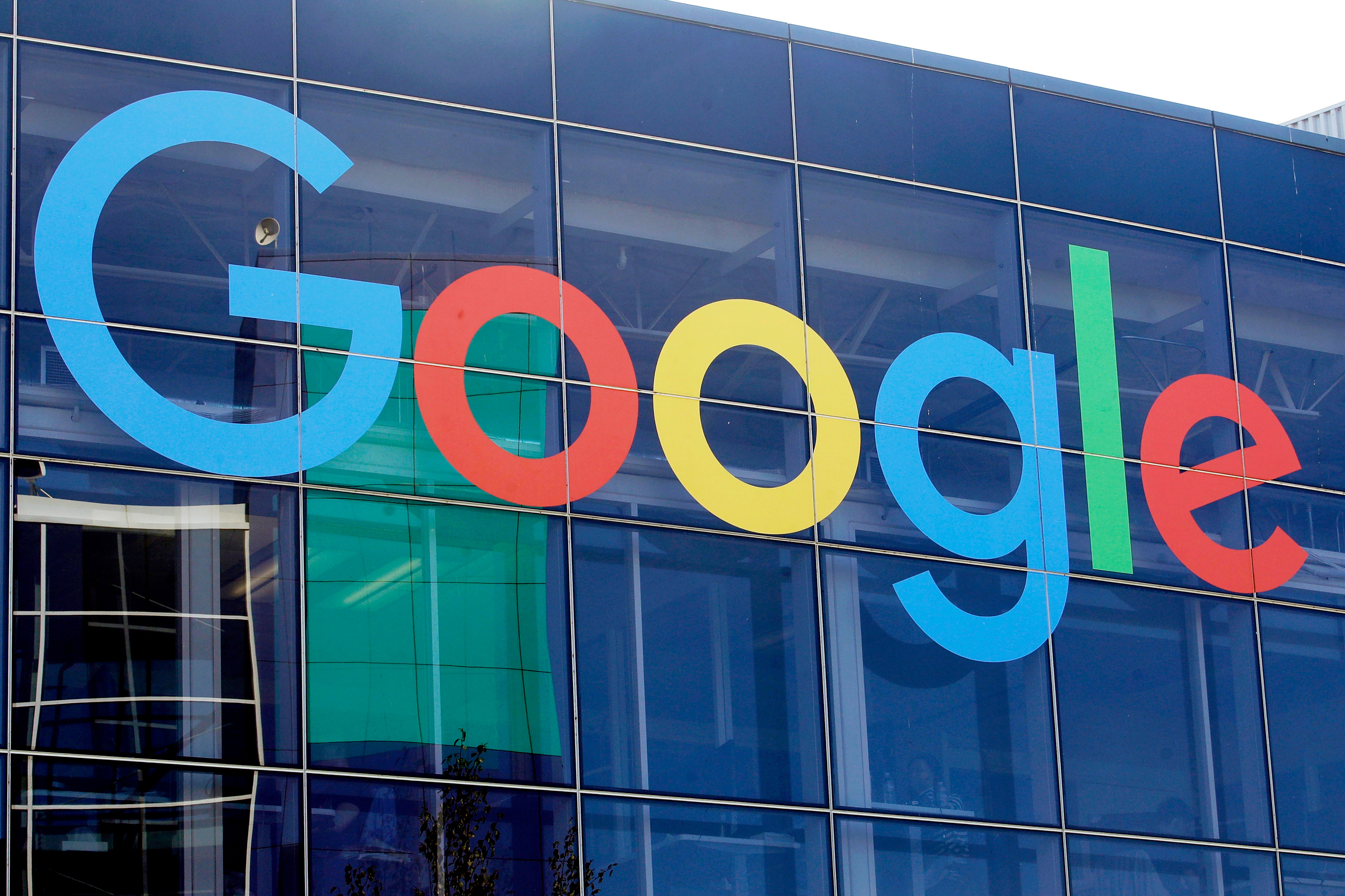Judge rather than jury will render verdict in upcoming antitrust trial
A judge rather than a jury will decide whether Google violated federal antitrust laws by building a monopoly on the technology that powers online advertising

Your support helps us to tell the story
From reproductive rights to climate change to Big Tech, The Independent is on the ground when the story is developing. Whether it's investigating the financials of Elon Musk's pro-Trump PAC or producing our latest documentary, 'The A Word', which shines a light on the American women fighting for reproductive rights, we know how important it is to parse out the facts from the messaging.
At such a critical moment in US history, we need reporters on the ground. Your donation allows us to keep sending journalists to speak to both sides of the story.
The Independent is trusted by Americans across the entire political spectrum. And unlike many other quality news outlets, we choose not to lock Americans out of our reporting and analysis with paywalls. We believe quality journalism should be available to everyone, paid for by those who can afford it.
Your support makes all the difference.A judge rather than a jury will decide whether Google violated federal antitrust laws by building a monopoly on the technology that powers online advertising.
The decision Friday by U.S. District Judge Leonie Brinkema was a defeat for the Justice Department, which sought a jury trial when it filed the case last year in federal court in Alexandria, Virginia.
But the government's right to a jury trial was based largely on the fact that it sought monetary damages to compensate federal agencies that purchased online ads and claimed they were overcharged as a result of Google's anticompetitive conduct. The dollar values associated with those claims, though, were relatively small — less than $750,000 — and far less significant than other remedies sought by the government, which might include forcing Google to sell off parts of its advertising technology.
As a result, Google last month took the extraordinary step of writing the government a check for more than $2 million — the $750,000 in damages claimed by the government multiplied by three because antitrust cases allow for trebled damages.
Mountain View, California-based Google argued that writing the check rendered moot any government claim of monetary damages and eliminated the need for a jury trial.
At a hearing Friday in Alexandria, Justice Department lawyers argued that the check Google wrote was insufficient to moot the damages claim, prompting a technical discussion over how experts would try to quantify the damages.
Brinkema ruled in favor of Google. She said the amount of Google's check covered the highest possible amount the government had sought in its initial filings. She likened receipt of the money, which was paid unconditionally to the government regardless of whether the tech giant prevailed in its arguments to strike a jury trial, as equivalent to “receiving a wheelbarrow of cash.”
Google said in a statement issued after Friday's hearing it is “glad the Court ruled that this case will be tried by a judge. As we’ve said, this case is a meritless attempt to pick winners and losers in a highly competitive industry that has contributed to overwhelming economic growth for businesses of all sizes.”
In its court papers, Google also argued that the constitutional right to a jury trial does not apply to a civil suit brought by the government. The government disagreed with that assertion but said it would not seek a ruling from the judge on that constitutional question.
The antitrust trial in Virginia is separate from a case in the District of Columbia alleging Google's search engine is an illegal monopoly. A judge there has heard closing arguments in that case but has not yet issued a verdict.